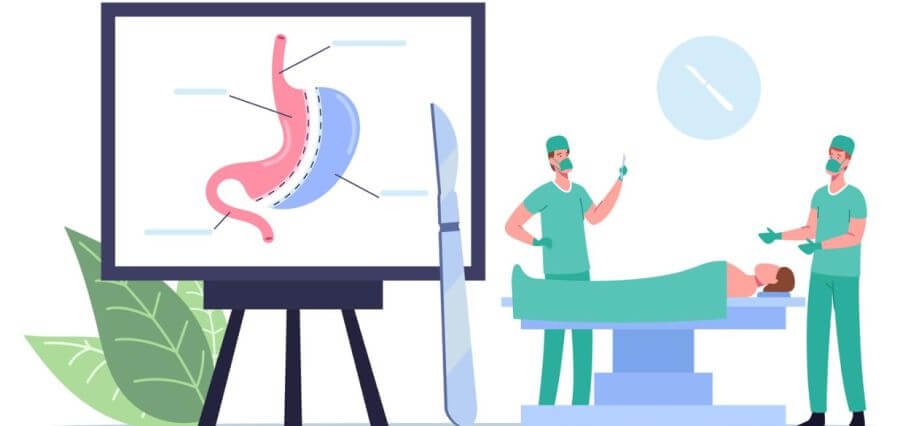Thinking about a gastric bypass can feel overwhelming. This surgery is a significant step toward lasting weight loss and improved health. Many patients have questions before making their choice.
In this guide, we share the key things you need to know. From how it works to what recovery looks like, we cover the essentials. Understanding gastric bypass will help you feel more prepared and confident about your decision. Read on.
How Gastric Bypass Surgery Works
Gastric bypass surgery makes the stomach smaller and reroutes the digestive system. This helps patients feel full sooner and eat less food. It also changes how the body absorbs calories and nutrients.
The procedure is usually done with small cuts using laparoscopic tools. This means faster healing and less pain for most patients. Still, it requires a strong commitment to long-term lifestyle changes.
The Role of Bariatric Surgery in Weight Loss
Bariatric surgery, like gastric bypass, is not a quick fix. It is a tool that helps people who have not had success with diet and exercise alone. The surgery can lead to major health improvements, such as lower blood pressure and reduced risk of diabetes.
Doctors often suggest this option for patients with obesity-related conditions. It can also improve mobility and energy levels. Patients must still follow strict diet and exercise plans for the best results.
The Benefits and Challenges
One major benefit is long-term weight loss. Many patients also report improved confidence and better overall health. It can also reduce the risk of serious diseases linked to obesity.
However, the surgery comes with challenges. Patients may face emotional and physical adjustments as they adapt to a new lifestyle. A strong support system is important for success.
Understanding Gastric Bypass Risks
Every surgery carries some risks, and gastric bypass is no different. Possible complications include infections, blood clots, or leaks at surgical sites. Nutrient deficiencies can also occur if patients do not follow dietary rules.
Doctors will assess each patient’s health before the procedure. Following medical advice helps lower risks and improve recovery. Patients should discuss all concerns with their surgeon before making a decision.
What to Expect During Gastric Bypass Recovery
Gastric bypass recovery usually takes a few weeks. Patients may need to stay in the hospital for two to three days. At first, only liquids and soft foods are allowed.
Over time, the diet expands to include solid foods. Patients will need to take vitamins and supplements daily. Regular follow-ups with doctors ensure proper healing and long-term success.
Choosing a Trusted Provider
Selecting the right doctor is one of the most important steps. Patients should look for experience, success rates, and patient care quality. A trusted weight loss surgery provider can give confidence and peace of mind.
It is also helpful to ask for patient testimonials and reviews. Meeting with the surgical team helps patients understand the process. A reliable provider ensures safe and effective treatment.
Gastric Bypass: A Life-Changing Choice
Gastric bypass is more than a weight loss option. It is a life-changing procedure that requires preparation and commitment. Patients must understand the surgery, its benefits, and possible risks. With proper care, support, and guidance, recovery can lead to lasting results.
Choosing the right provider is also a key step toward success. Gastric bypass offers hope for a healthier, more active life. For many, it marks the start of a new journey toward well-being.
Did this article help you? If so, take a look at some of our other blog posts for more informative reads.










